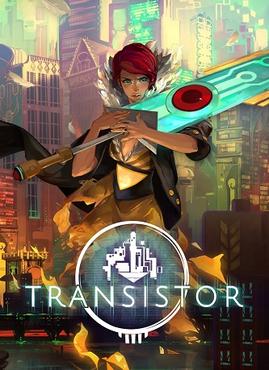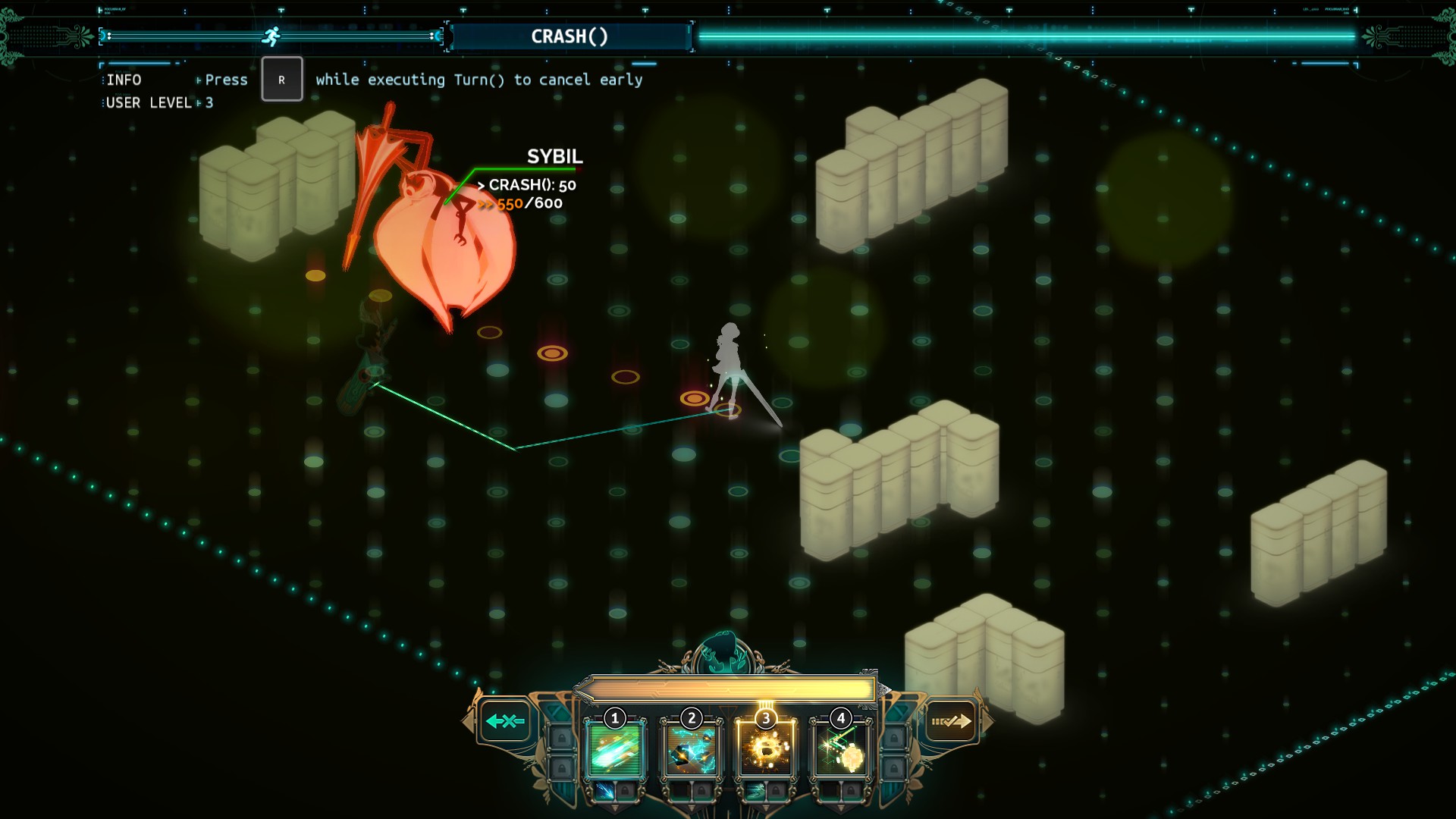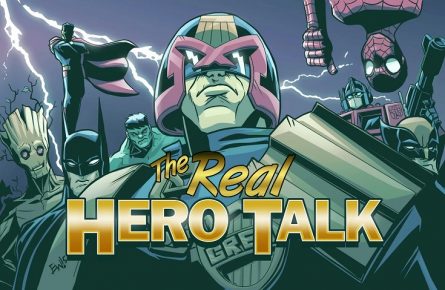Transistor Review (PS4)


Transistor is a breath of fresh air in terms of its approach to both gameplay and story telling. It offers players a choice in how to utilize its hybrid combat system and a new take on the silent protagonist. In between plot development and combat sections, a beautifully detailed and colorful futuristic world filled with an impressive soundtrack begs to be explored. All of this leads to a gratifying conclusion which is sure to hit you right in the feels, assuming you have a heart that is.
THEY TOOK YOUR VOICE
Attempting to keep spoilers at a minimum, the story of Transistor is a traditional tale of revenge. You play as Red, a newly famous singer who has lost her most valuable attribute; her voice. As she hunts down the Camerata, the group responsible for taking her voice and unleashing a powerful hostile force known as the Process, she is accompanied by the Transistor, a sword like object that harbors the essence of someone once close to Red. The Transistor not only serves as the mechanic that drives the combat within the game but it is also the main delivery of the game’s plot.
The PlayStation 4 version of Transistor makes the single best use of the DualShock 4 controller’s integrated speaker I have experienced to date. Whenever the Transistor speaks to Red, it’s dialogue is also played through the DualShock 4’s speaker. I thought this was a simple yet effective use of the controller’s function, more so than just playing audio logs found in other games. It helped immerse the player in the game as Red is always holding the Transistor, just as the player is always holding the controller while playing.
In addition to the plot delivery directly by the Transistor, players will come across terminals which display news reports about whats going on in the world. Most of these terminals allow Red to leave a written comment. She will use these terminals to speak directly to the Transistor which I found to be a clever way of allowing a mute protagonist to express her emotions and thoughts on what’s going on around her. While Red may not be able to speak, it is her actions that define her as a person and this is no more evident than during her actions towards the end of the game. As I mentioned earlier, if you have any kind of a heart, the ending of this game should tear at your heartstrings.
BRINGING THE FIGHT TO THE CAMERATA’S PROCESS
Transistor’s combat is a mash-up of real-time combat and turn-based strategy. While Red is able to attack Process enemies in real time, she can also initiate a Turn. When a Turn is active, the battle comes to a halt and the player is able to plan out a series of attacks in a matter of seconds when the Turn is executed. Players are only able to use a certain amount of attacks during a turn as there is a “stamina” bar which is drained every time an attack is used while in Turn. When the Turn has been executed, the Turn takes time to regenerate and the player is left to find cover while the Turn recovers.

Planning a course of attack using Turn
As the player progresses through the game and levels up, Red gains access to more Functions which provide new combat techniques. In addition to new Functions, Red also unlocks Limiters which act as the game’s difficulty setting by limiting the effects of certain Functions and abilities. Using Functions and Limiters in combat will also unlock written codex-like entries on characters and enemies in the game to further flesh out the story.
Functions can be used in three different ways. They can be applied in either Active, Upgrade, or Passive slots. Active Functions are mapped to the X, Square, Triangle, and Circle buttons. Up to two Upgrade slots are unlocked for each of the mapped buttons and there are a total of four Passive slots that can be unlocked. This system allows for many different alterations of combat styles for the player to create and tinker with creating a vast wealth of diversity in combat.
A BEAUTIFULLY CRAFTED WORLD
The world of Transistor is stunning in both its visual representation and its musical composition. The environments look as if they were precisely painted by hand and then further detailed by beautiful lighting effects. The only negative thing I have to say about the game’s setting is that it is sometimes hard to navigate and determine where you were supposed to go next. But hey, at least you have some beautiful scenery to take in while you get lost.

Getting lost and finding yourself
The game’s score was composed by Darren Korb who also composed the soundtrack for Supergiant’s other critically acclaimed and award-winning title Bastion. The non-vocal tracks rely heavily on electronic tones which are blended well and immerse the player in the futuristic setting of the game.
Three of Transistor’s tracks also include the vocal talents of Ashley Barrett who is meant to be the voice of Red before she, well, lost her voice in game. These vocal tracks are played in their entirety during pivotal moments in the game and establish the significance of these moments more so than the cutscenes artwork displayed while these tracks play or through gameplay. They serve as a testament to how the art of song can further enhance and move a plot.
FINAL THOUGHTS
I’ll admit that even as I watched the end credits roll, I did not completely understand what the Process was or why the Camerata created it or why they took Red’s voice. However, the conclusion to Red’s story, and the Transistor’s, along with the journey that brought me there superseded any negativity towards those unanswered questions. As the end credits stopped rolling, I was prompted to replay the story and I made no hesitation in doing so. Aside from the trophy for completing the game twice, I found that I was able to gain a better understanding of the things I originally didn’t fully comprehend and better mastered the gameplay playing through the game again.
The game was free for PSN+ members for the month of February which is how I received my copy of the game. However, after thoroughly enjoying my experience with Transistor, I would absolutely recommend buying the game at its full retail price of $20, especially if you have a PlayStation 4.
Developed and published by Supergiant Games
Released May 20, 2014
Platforms: Microsoft Windows. PlayStation 4, OS X, Linux
Reviewed on PlayStation 4
Genere: Action Role Playing
Modes: Single Player
Distribution: Digital Download
Rating: T
Content Warnings: Violence and Mild Language








As much as I really disliked Bastion, this and other reviews have convinced me I really need to give Transistor a look.
I’ve had it on my Steam wishlist for a while, but I’m starting to wonder if I should put it off for a PS4 purchase. That integrated speaker thing sounds cool and I have to wonder how different (better/worse?) it would be on the PC.